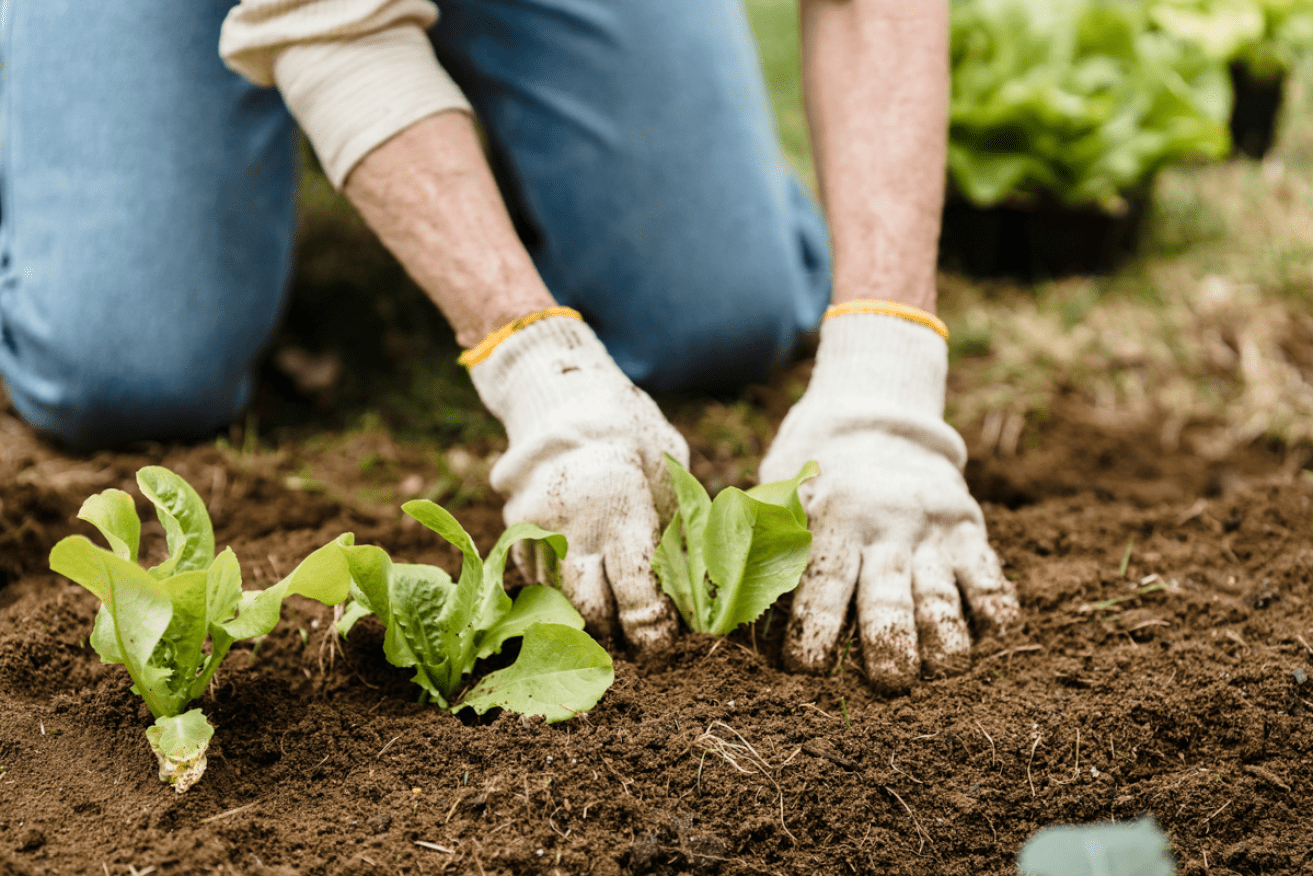SA researchers aim to get the dirt on backyard chemicals
The University of Adelaide is calling on South Australians to donate soil from their backyards to help with research into a widely used group of chemicals.


Researchers want Adelaide backyard soil to check the spread of PFAS chemicals. Photo: supplied
University reserachers are looking to collect 100 samples of soil from all 18 metropolitan councils to study how widely spread Per and Polyfluorinated Substances (PFAS) have become.
PFAS are used to make fluoropolymer coatings, such as those found on non-stick cookware, water-repellent clothing, some personal care products and cleaning products.
Often referred to as forever chemicals, PFAS can remain in the environment for years and resist degradation.
Dr Matthias Salomon, who is working on the study, said he hoped it would help improve understanding of their impact.
“Our understanding of the health effects of PFAS is developing rapidly,” he said,
“At the same time, little is known about PFAS in domestic gardens, and people could be exposed through gardening activities.”
The chemicals were previously the subject of a $132 million class action settlement from the Commonwealth, after it was alleged toxic PFAS in firefighting foam used at RAAF bases were not adequately prevented from contaminating soil and groundwater.
While there is no consistent evidence PFAS can cause harm to humans at low exposure, some studies have identified potential effects on animals’ immune systems, liver, reproduction and development.
It has also been suggested the chemicals may be associated with increased risks of cancer in humans.
Salomon said PFAS’s risks to both people and the environment “warrant investigation”.
“In the environment, PFAS can contaminate soil, water and wildlife. It can also accumulate in food chains and affect ecological systems, such as soil micro-organisms, which are important for soil function and health,” hesaid.
Salomon said it would be “almost impossible” to collect the number of samples needed without public assistance.
Anyone willing to participate can register their interest before April 24, after which participants will be selected based on their location.
Salomon said the results of the study would be published both “academically and non-academically”, and could inform future “public health policies, land management decisions, regulatory actions, and further scientific research”.
“I hope we can improve our understanding and, where necessary, take the right action,” he said.




